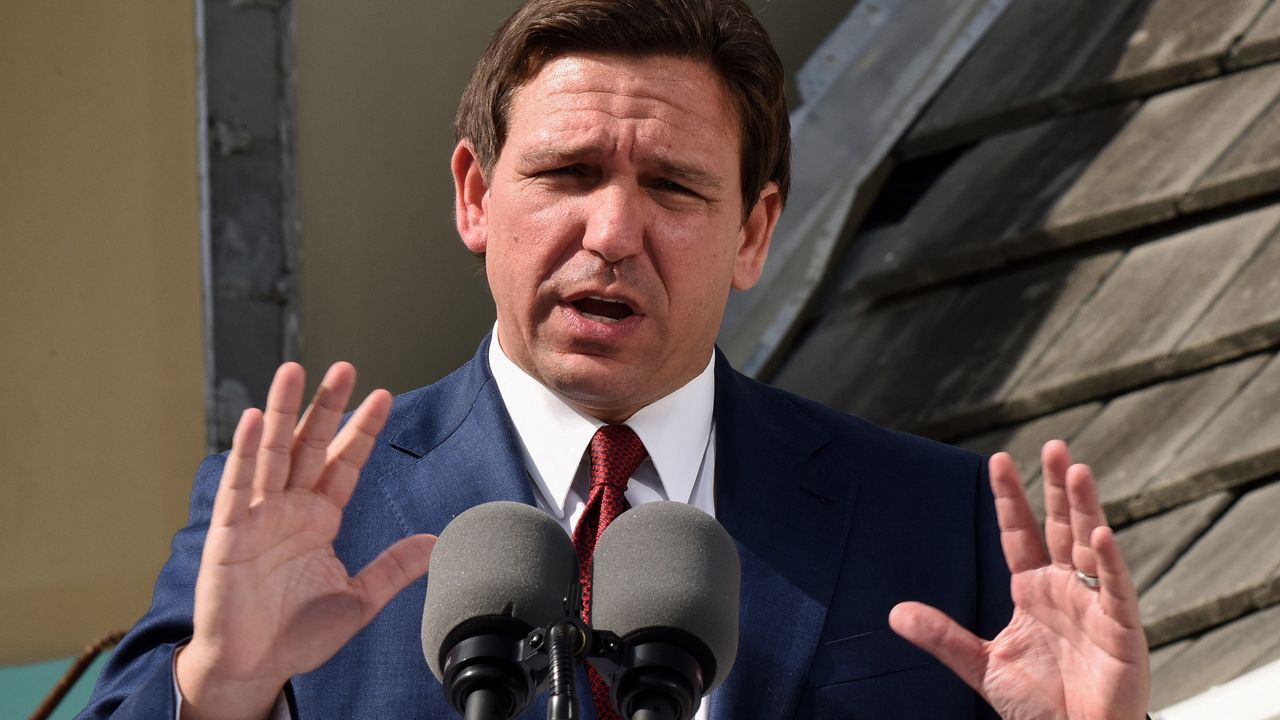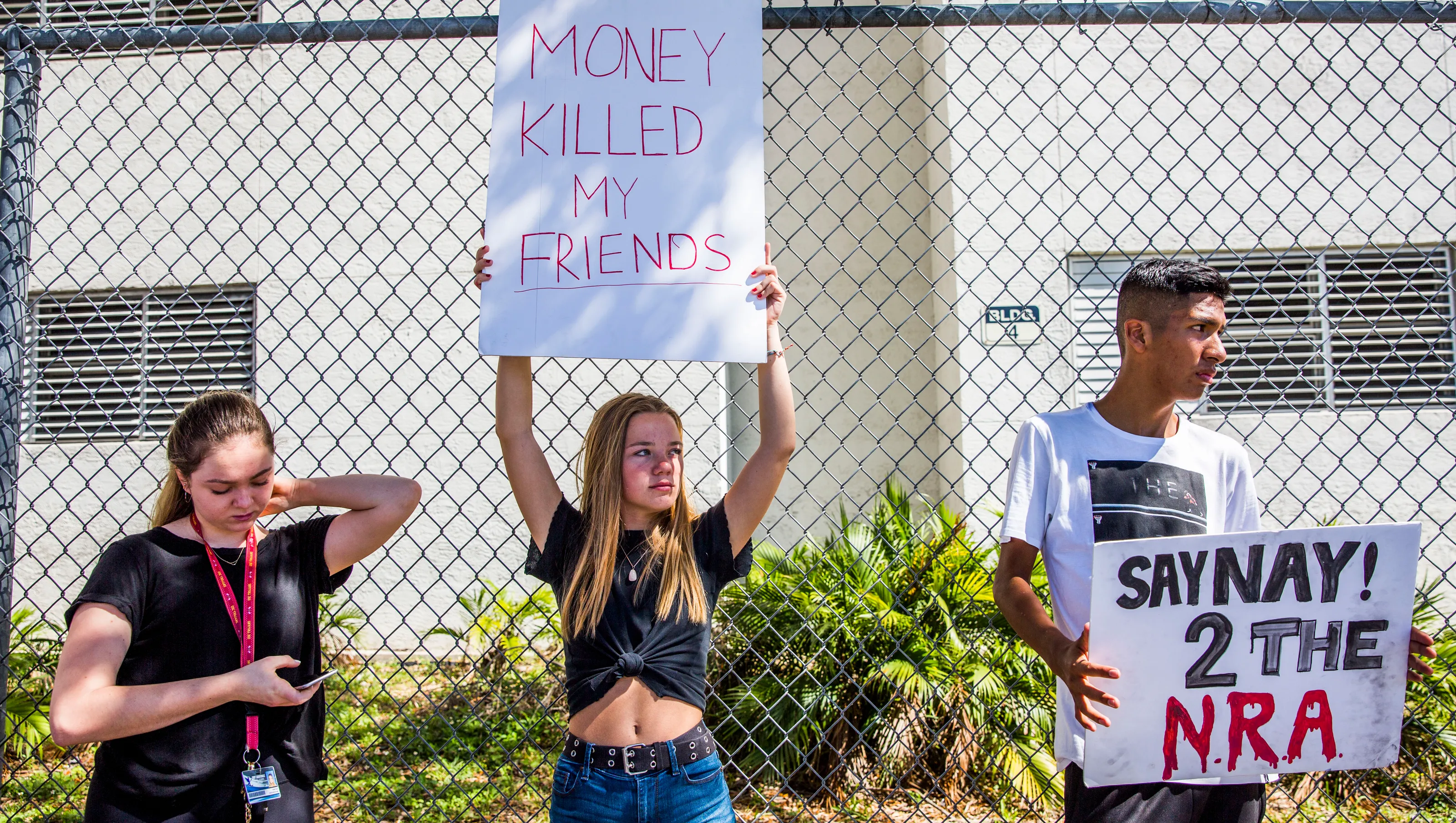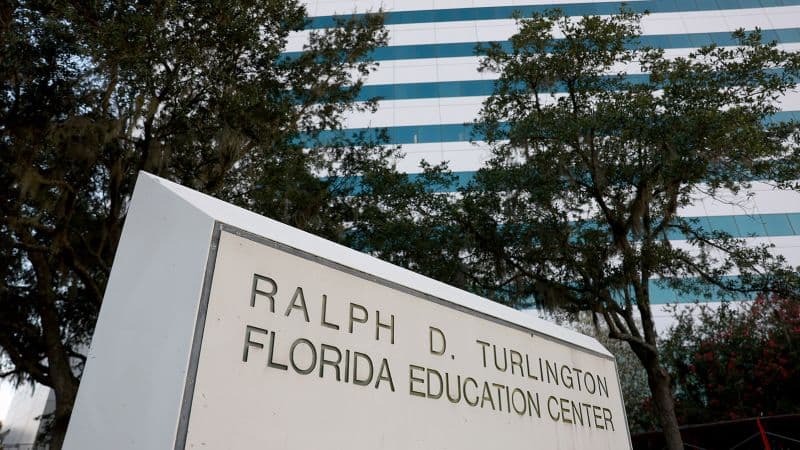The U.S. Department of Education has thrown Florida"s educational landscape into chaos this week by announcing a freeze on approximately $396 million in federal funds meant to assist the state"s most vulnerable students. This decision follows the approval of these funds by Congress just a few months ago, raising serious questions about the prioritization of educational equity in our nation.
Impact on Florida"s Most Needy Schools
According to reports, Florida schools were poised to receive a significant portion of the $6.8 billion allocated to support underprivileged students nationwide. This funding freeze comes at a critical time when many Florida schools are already struggling to meet the needs of their students due to state budget cuts and rising costs of living. The decision to withhold these funds directly undermines efforts to close the achievement gap and provide equitable education opportunities.
Education as a Political Bargaining Chip
This abrupt funding freeze highlights a troubling trend in educational policy where vital resources are used as political bargaining chips. The Biden administration"s recent decision seems to reflect a larger issue within federal education policy: the disconnect between federal intentions and local realities. The freeze could be interpreted as a punitive measure aimed at states like Florida that have pushed back against federal mandates. Schools that rely on these funds are now left scrambling, forced to reconsider their budgets and programs aimed at supporting low-income students.
Historical Context of Educational Funding in Florida
Florida has long struggled with educational funding disparities, often ranking near the bottom in per-student spending. The implications of this freeze are further compounded by the state"s history of prioritizing tax cuts over educational investment. Previous governors, including Rick Scott, have championed tax cut budgets that have left public schools underfunded while promoting alternatives like charter schools and voucher programs that divert public funds away from traditional public education.
\n\n
Florida gives its reasons for rejecting proposed AP African American ...
Consequences for Students and Communities
The immediate consequence of this funding freeze will be felt by students and families who depend on free and reduced lunch programs, special education services, and mental health resources. The denial of these funds means that many schools may have to reduce staff, cut programs, or even eliminate extracurricular activities. At a time when many students are still recovering from the academic and social setbacks caused by the COVID-19 pandemic, this freeze is not just a budgetary decision; it"s a denial of opportunity and support for the most vulnerable populations.
Advocacy and Resistance from Community Leaders
Community leaders and educational advocates are already voicing their outrage over the freeze. Organizations focused on civil rights and educational equity are mobilizing to demand accountability from both the federal government and state leaders. They argue that the funding freeze disproportionately affects communities of color and low-income families, exacerbating existing inequalities in the educational system. This pushback is essential as it places pressure on policymakers to recognize the urgent need for equitable funding and resources in public education.
\n\n
Teen gives emotional speech at gun control rally after mass shooting
Potential Legal Challenges
Given the implications of this funding freeze, there may also be potential legal challenges on the horizon. Advocates may seek to argue that this decision violates the federal government"s obligation to ensure equitable funding for all students, as mandated under various civil rights laws. Such legal battles could set significant precedents for how educational funding is allocated and protected in the future.
The Fight for Educational Equity Continues
The discussion around educational funding in Florida is not just about dollars and cents; it’s about the future of our children and the values we prioritize as a society. As the funding freeze creates a ripple effect throughout the state, it serves as a stark reminder that the fight for educational equity is far from over. The stakes are high, and the need for action is immediate.




![[Video] U.S. Education Secretary Linda McMahon addresses antisemitism and DEI in universities](/_next/image?url=%2Fapi%2Fimage%2Fthumbnails%2Fthumbnail-1764701456714-dldg8o-thumbnail.jpg&w=3840&q=75)


![[Video] Gunfire between Iraqi security forces and Sadr militias in Baghdad](/_next/image?url=%2Fapi%2Fimage%2Fthumbnails%2Fthumbnail-1768343508874-4redb-thumbnail.jpg&w=3840&q=75)
